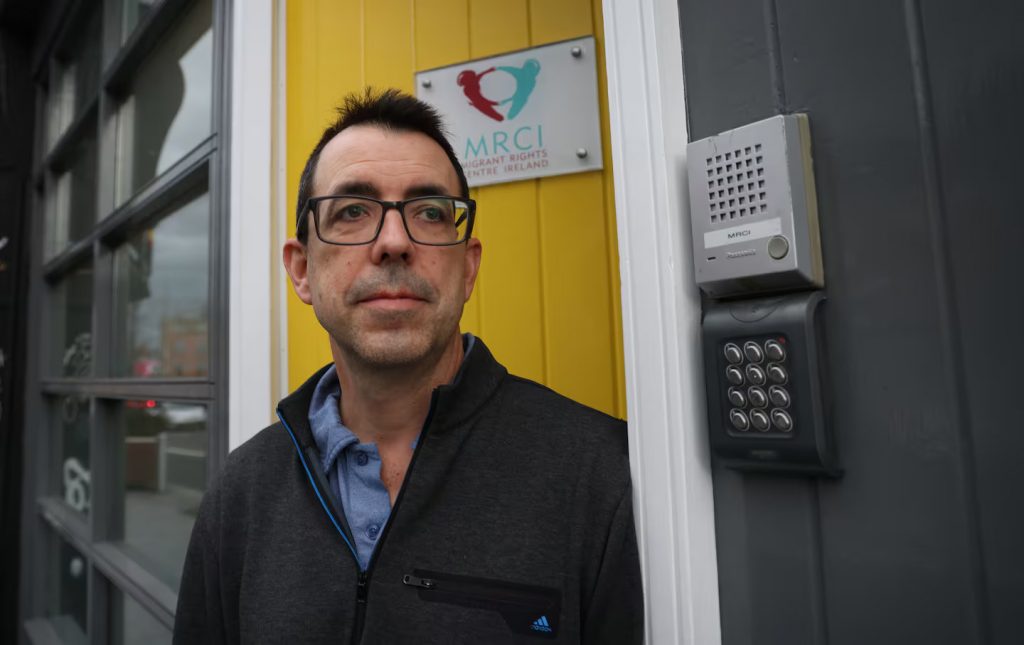The exploitation of migrant workers in Ireland is escalating, with thousands facing poor pay, harsh working conditions, and other forms of abuse. The Migrant Rights Centre of Ireland (MRCI) has reported that employment-related cases have returned to pre-recession levels, indicating a troubling increase in workplace violations.
Last year, the MRCI documented numerous cases of workers being forced to work twice their contracted hours without additional pay, with some earning as little as €4.50 an hour. Others reported paying illegal fees of up to €40,000 to secure work permits, a practice banned under current legislation. These issues are most prevalent in industries such as hospitality, agriculture, and the care sector, which is seeing a growing number of complaints.
Offending employers often exploit workers from their own communities, particularly in restaurants, while those in agriculture are more likely to be Irish nationals. The MRCI believes the cases it handles are only the tip of the iceberg, as many workers endure exploitation in silence, hoping to secure long-term residency before addressing their grievances.
Recent high-profile cases have highlighted the severity of the issue. Suman Bhurtel, a chef from Nepal, worked 48 consecutive days without proper pay, earning just €30,000 annually. He was awarded €23,130 for breaches of labor laws but has yet to receive the compensation. Similarly, Sharanjeet Kaur, an Indian national, paid €17,000 upfront to secure her job, only to face long hours, harassment, and underpayment. She was awarded €143,268 but has not received the money either.
The enforcement of awards by the Workplace Relations Commission (WRC) remains a significant challenge. Many employers avoid paying compensation by shutting down their businesses or claiming insolvency. In 2023, the WRC pursued 97 enforcement cases, but in 38 instances, no money could be recovered due to employers being untraceable or unable to pay.
The MRCI has also highlighted the widespread issue of illegal fees charged to workers, which can trap them in exploitative situations. These fees, often disguised as training or processing costs, can reach up to €40,000, leaving workers with little choice but to endure poor conditions.
While recent legislative changes have reduced the mandatory period workers must remain with their first employer to nine months, the MRCI argues that further reforms are needed. It advocates for reducing the residency application period from five years to two, giving workers more freedom and protection.
Despite some progress, employers continue to find creative ways to exploit workers. In one case, two employees who complained about working 85-hour weeks had their phones confiscated, incriminating messages deleted, and were subsequently fired. In the care sector, workers are often paid only for the time spent with patients, despite spending hours traveling between appointments.
The MRCI continues to fight for justice, calling for stronger protections and better enforcement mechanisms to combat labor exploitation. The rise in reported cases underscores the urgent need for systemic reforms to ensure fair treatment for migrant workers in Ireland.

